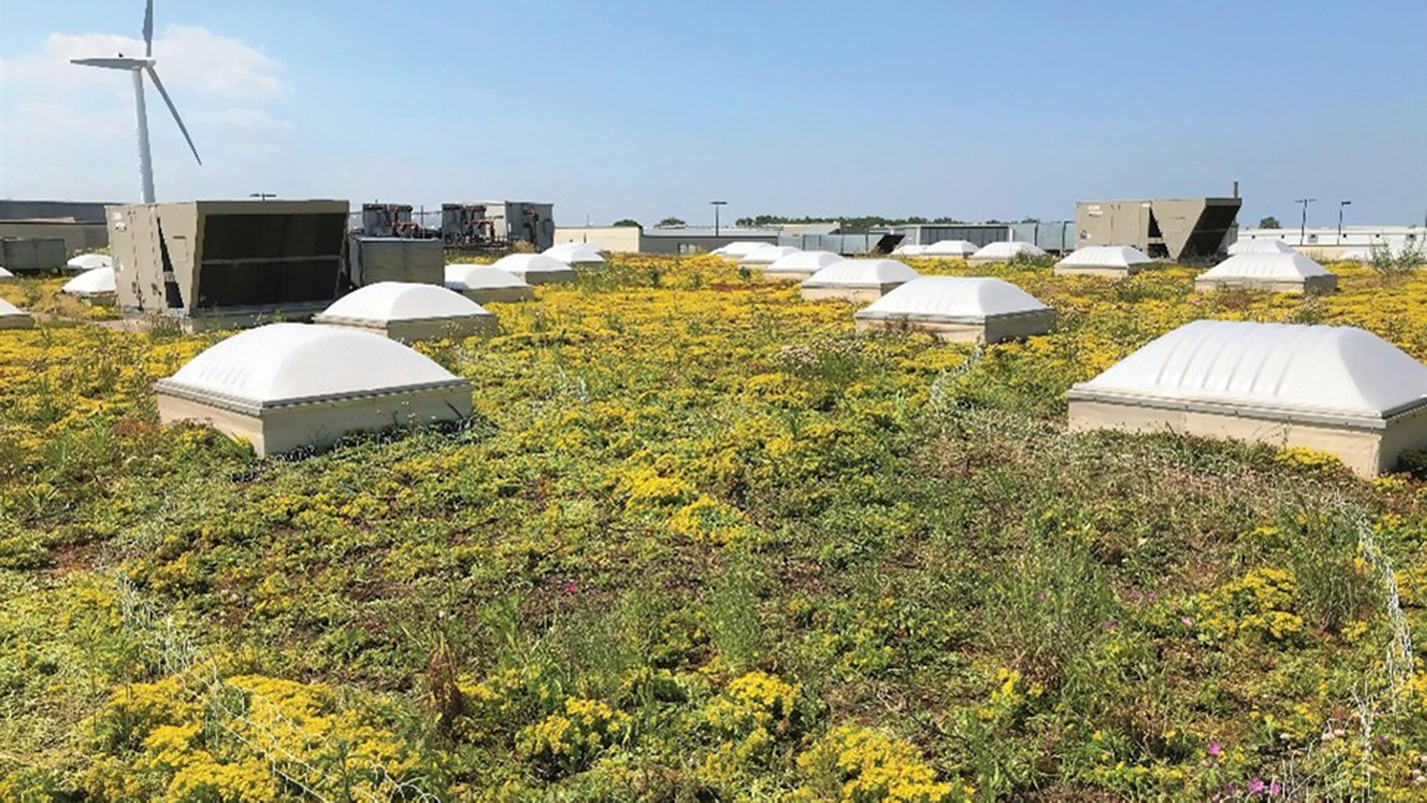(a) Findings. Yard waste such as leaves, grass clippings, and soil/sediment can cause significant water quality problems when it is blown or directed into the stormwater system. Water quality problems include algal blooms and aquatic weed growth, oxygen depletion, fish kills, and impartial aquatic habitat. In addition, when the stormwater system is clogged with yard waste it can cause street and property flooding.
(b) Restrictions on debris.
(1) It shall be unlawful for any person to rake, sweep, blow, wash, direct or place any debris, including, but not limited to yard waste, grass clippings, leaves, sediment, trash or debris of any kind into the storm drainage system of the town, including any streets, storm drains. Ditches, swales, streams, lakes, culverts, right-of-way, dedicated easements, or in any other area where it might impede the flow of water through the storm drainage system of the town.
(2) It shall be the duty of all property owners within the city to take adequate precautions on their property to ensure positive drainage of their property. Such drainage may be provided either through natural or artificial drains found to be adequate by the town engineer or his designee. The owner shall keep all ditches drains, swales, and drainage routes free from obstruction which would impede the flow of water.
(3) When it shall appear to the town manager or his designee that drainage facilities or drainageways on any private property are, for any reason, inadequate and prior notice has not resulted in correction of problem conditions, he shall notify the owner of the property by registered or certified mail what corrective measures and required to render the drainage adequate. The notice to the owner shall specify a reasonable time within which the corrective measures should be taken. Notice to the owner whose address is unknown shall be given to the person in whose name the property is listed for taxation at the address shown on the tax records or to the agent of the owner whose name appears on the tax records.
(4) If such corrective measures are not taken as required in the notice to the owner, the town manager or his designee, upon approval of the town board of commissioners, may enter upon such premises and take the corrective measures required and the town board may assess the cost thereof against the owner of the property and such assessment shall become a lien on the property with the same pro-rating to be collected as unpaid ad valorem taxes.
(5) Any condition in violation of this section shall constitute a public nuisance, subject to abatement as set forth in article III of chapter 12 of the Town Code.
(6) The following are the preferred best management practices (BMPs) for yard waste and debris:
a. Prevent yard waste and debris from entering the street, storm drain, ditch, or other parts of the drainage system.
b. Direct or blow yard waste back onto a lawn or landscape area.
c. Sweep, rake, and/or collect yard waste instead of hosing/sweeping off of driveways, sidewalks or other impervious surfaces.
d. Leave grass clippings on the lawn to decompose quickly and act as a natural fertilizer and soil conditioner (‘grass cycle”).
e. Compost yard debris for use in the lawn, garden, or landscape.
f. Collect and contain yard waste for town collection service according to specific yard waste collection policies. Do not use the town trash cart for yard waste or debris. Use designated cart for yard waste.
(c) Civil penalty.
(1) Any violation of the provisions of this Code of Ordinances shall subject the offender to a civil penalty. In the event there is more than one violation within any thirty-day period, then the civil penalty shall be increased for each additional violation over one during such period, as follows. The date of the first violation shall establish the beginning date for the initial thirty-day period. The next violation within that thirty-day period shall be considered the second violation. Any violations that follow within that thirty-day period shall be numbered sequentially. The penalty shall be:
a. First offense …..Written warning
b. Second offense within thirty-day period …..$100.00
c. Third offense within thirty-day period …..$250.00
d. Fourth and subsequent offenses within same thirty-day period …..$500.00
The town attorney is authorized to file suit on behalf of the town to collect any unpaid civil penalties. If litigation is required to recover the civil penalties, the town attorney, in addition to the penalties, may recover reasonable attorney fees and other costs incurred in bringing the action and collecting the judgment.
If this subsection or the application to any person or circumstance is held invalid, such invalidity shall not affect other provisions or applications of the ordinance which can be given separate effect and to that end the provisions of this subsection are declared to be severable.
Any ordinance or any part of the ordinance in conflict with this subsection, to the extent of such conflict, is hereby repealed.
(2) Notwithstanding subsection (a) of this section, article IV of chapter 16 may be enforced by appropriate equitable remedies issued from a court of competent jurisdiction.
(3) Civil penalties may be appealed to the board of adjustment as an administrative appeal.
Additional Resources
Mount Olive Municipal Code
Mount Olive Water Department

 Kenosha, Wis. Highway KR Regenerative Stormwater ConveyanceThe Root-Pike Watershed Initiative Network Kenosha County, and others worked with AQUALIS to design and implement an innovative solution for stormwater control along Highway KR.
Kenosha, Wis. Highway KR Regenerative Stormwater ConveyanceThe Root-Pike Watershed Initiative Network Kenosha County, and others worked with AQUALIS to design and implement an innovative solution for stormwater control along Highway KR. Durham, N.C. Sinkhole Leads to Stormwater System RehabilitationThe tenant on this property noticed a depression that opened to the ground below and notified the property owners.
Durham, N.C. Sinkhole Leads to Stormwater System RehabilitationThe tenant on this property noticed a depression that opened to the ground below and notified the property owners.

